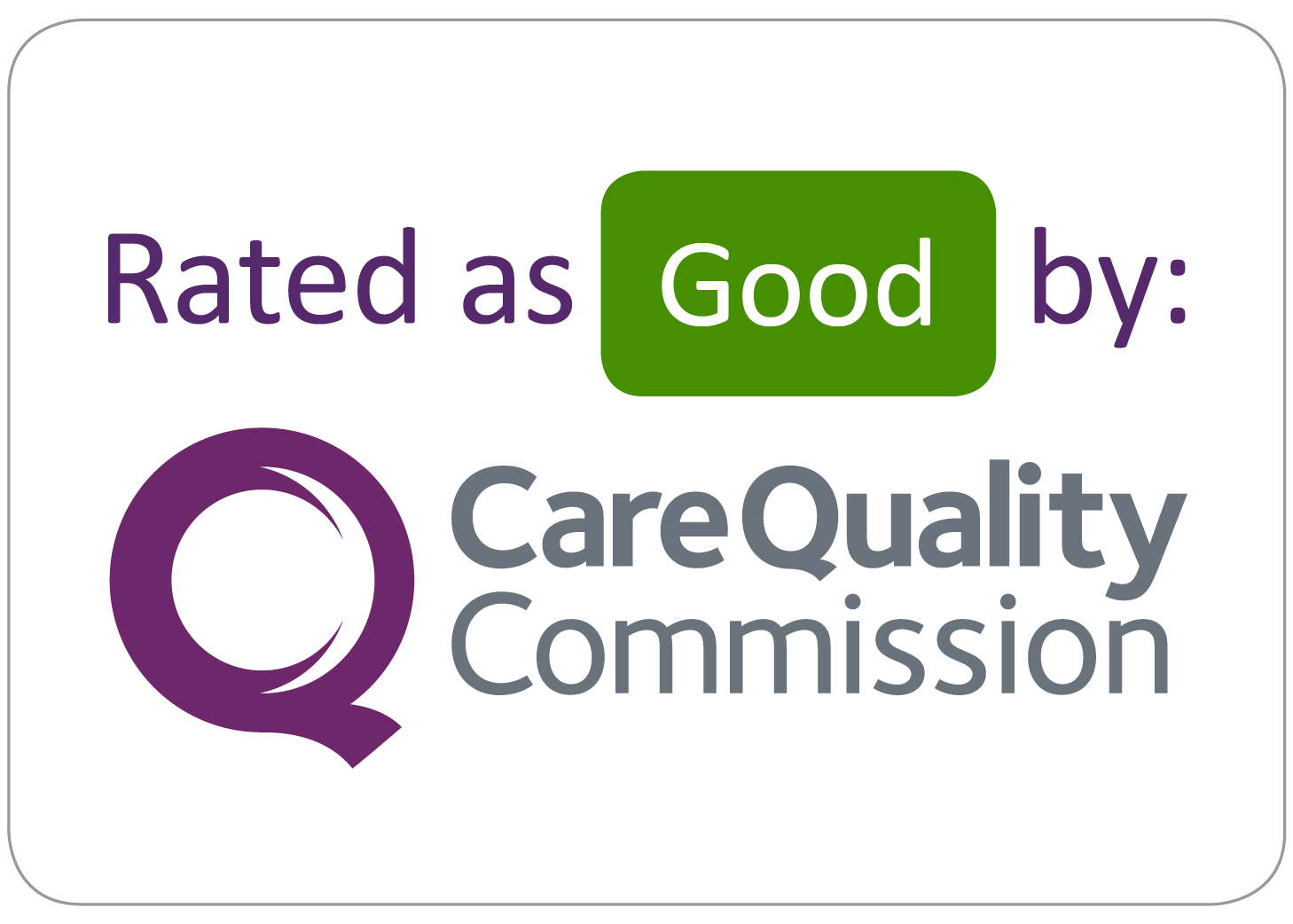Childrens diabetes
Meet the team
Consultant (Huddersfield): Dr Lynne Terrett
Consultant (Calderdale): Dr Steph How Yaw
Lead Paediatric Diabetes Specialist Nurse (PDSN): Sarah Schorah (07766 905623)
PDSN: Georgia Harrison (07388712021)
PDSN: Clare Shaw (07775538923)
PDSN: Becky Heaton (07765155486)
Clinical Psychologist: Megan McTiffin
Dietician: Yvonne Mitchell (07554672808)
Patient Advocate (Huddersfield): Jo Kitchen (07824596835)
Patient Advocate (Calderdale): Amanda Grayson (07824550886)
The diabetes nurses typically work 9am-5pm, Monday to Friday. Outside of these hours, families are advised to contact the children’s ward at Calderdale Royal Hospital on 01422 223277, or in an emergency, attend a local A&E department.
What we do
The Children's Diabetes Team offer nursing care, support and advice to children and young people who have been diagnosed with Diabetes.
Our work includes support on local children’s wards; home and school visits; clinics, phone and email support. We work as an integrated team with a specialist paediatric diabetes dietician, paediatric diabetes specialist nurses, advocates, consultant paediatricians and a clinical psychologist. We cover the areas of Calderdale and Huddersfield. Our caseload is the Calderdale and Huddersfield NHS Foundation Trust paediatric diabetes population.
Where you can find us
Children's Diabetes Team
Rainbow Community Hub
Rosemount Estates
Elland
HX5 0EE
How do you use our service?
You must be referred to our service by the hospital, a GP or healthcare professional.
Our Clinics
The Children’s diabetes team holds clinics in both Calderdale Royal Hospital and Huddersfield Royal Infirmary.
There are also young person’s clinics, known as transition clinics (link to transition clinic leaflet) held regularly for individuals from the age of 16 upwards. These are held together with the adult and children’s diabetes consultants and Paediatric and Adult Diabetes Specialist Nurses.
At each clinic, there are regular dietetic sessions.
Diabetes (information taken from www.nhs.uk)
Diabetes is a lifelong condition that causes a person's blood sugar (glucose) level to become too high.
The hormone insulin – produced by the pancreas – is responsible for controlling the amount of glucose in the blood.
There are two main types of diabetes:
- Type 1 – where the pancreas doesn't produce any insulin
- Type 2 – where the pancreas doesn't produce enough insulin or the body’s cells don't react to insulin
It's very important for diabetes to be diagnosed as soon as possible, because it will get progressively worse if left untreated.
You should therefore visit your GP if you have symptoms, which include feeling thirsty, passing urine more often than usual and feeling tired all the time
Type 1 and type 2 diabetes
Type 1 diabetes can develop at any age, but usually appears before the age of 40, particularly in childhood. Around 10% of all diabetes is type 1, but it's the most common type of childhood diabetes.
In type 1 diabetes, the pancreas (a small gland behind the stomach) doesn't produce any insulin – the hormone that regulates blood glucose levels. This is why it's also sometimes called insulin-dependent diabetes.
If the amount of glucose in the blood is too high, it can, over time, seriously damage the body's organs.
In type 2 diabetes, the body either doesn't produce enough insulin to function properly, or the body's cells don't react to insulin.
Diabetes symptoms, treatment and complications
The symptoms of diabetes occur because the lack of insulin means that glucose stays in the blood and isn’t used as fuel for energy.
Your body tries to reduce blood glucose levels by getting rid of the excess glucose in your urine.
Typical symptoms include:
- feeling very thirsty
- passing urine more often than usual, particularly at night
- feeling very tired
- weight loss and loss of muscle bulk
The symptoms of type 1 diabetes usually develop very quickly in young people (over a few days or weeks).
Treating type 1 diabetes
It's important that diabetes is diagnosed as early as possible, so that treatment can be started.Diabetes can't be cured, but treatment aims to keep your blood glucose levels as normal as possible and control your symptoms, to prevent health problems developing later in life.If you're diagnosed with diabetes, you'll be referred to a diabetes care team for specialist treatment and monitoring.
As your body can't produce insulin, you'll need regular insulin replacement therapy (via injections or an insulin pump) to keep your glucose levels normal. You'll be taught how to do this and how to match the insulin you inject to the food you eat, taking into account your blood glucose level and how much exercise you do. For each type of insulin-replacement therapy you will need to dispose of needles and cannulas safely. For more information, see below:
Calderdale Sharps Disposal
Locala (Kirklees) Sharps Disposal
Please see the Locala list of pharmacies (see PDF below) that are able to accept full sharps bins across Kirklees. Prescriptions for sharps bins can be dispensed by any pharmacy, but it isn’t a straight swap when you hand full bins over.
Pharmacies disposing
of diabetic sharps Oct 14.pdf
Complications
If diabetes is left untreated, it can cause a number of different health problems. Large amounts of glucose can damage blood vessels, nerves and organs.
Even a mildly raised glucose level that doesn't cause any symptoms can have damaging effects in the long term.
Living with diabetes
If you have diabetes, you'll need to look after your health very carefully. Caring for your health will also make treating your diabetes easier and minimise your risk of developing complications.For example, eating a healthy, balanced diet and exercising regularly will lower your blood glucose level.
If you have diabetes, your eyes are at risk from diabetic retinopathy, a condition that can lead to sight loss if it's not treated. Everyone with diabetes aged 12 or over should be invited to have their eyes screened once a year.
Emotional Wellbeing and Diabetes
In line with national guidelines on best practice the team have been thinking about ways of monitoring emotional wellbeing in children and young people with diabetes. We know that there is often a connection between how someone is feeling emotionally and how well they are managing their diabetes. At annual review appointments a questionnaire will be given out that asks about emotional wellbeing and different aspects of diabetic control over the last month. There will be an opportunity to talk about the answers to the questions with a member of the team although no-one will be pressurised to do this if they don’t want to. A variety of types of emotional support can be offered by the team including the possibility of meeting with the team psychologist if this was thought to be helpful. Please feel free to ask about support with emotional wellbeing or coping with any aspect of diabetic care at any point, not just during an annual review.
Disability Living Allowance
You and your child are entitled to apply for Disability living allowance (DLA) after a diagnosis of diabetes. This is a tax free benefit and you may be eligible for between £21.80 per week, up to around £55 per week to help with the additional costs associated with diabetes, and the time it takes you to care for your child, above and beyond what would be expected for any child a similar age. An application can be submitted 3 months after your child’s diagnosis and the form can be obtained from www.gov.uk/disability-living-allowance-children/how-to-claim or by phoning 03457123456. The diabetes team will be happy to help with your first claim, as the form can be difficult to interpret, however we advise you photocopy all pages before sending off for your future reference. For further claims, we ask that you complete the form yourself, and then forward to your diabetes specialist nurse to sign.
There is guidance on the Diabetes UK website or the team will be happy to discuss any specific queries over the phone.
Events/Fundraising/Peer Support
The Parent Support group
The primary aim of the Parents Support Group is to give support to one other and to bring the children, their families and friends together to share ideas, experiences and increase awareness of others in the same situation. Meetings are normally held 3 to 4 times per year at:
Marsh Liberal Club,
31 New Hey Road,
Marsh,
Huddersfield,
HD3 4AL
They are very informal and everyone, including children, are most welcome to attend. The Parent Support Group also organise subsidised excursions, events and other activities in the hope that they will encourage the children and their families to come along, have an enjoyable time and hopefully make some new friends.
Email details for the parent support group are:huddspsg@yahoo.com
Team Activities/Social Events
The team organise activities and social events throughout the year including an annual activity weekend for the children and young people to enjoy, meet each other and share experiences. The main aim of the activity weekend is to introduce young diabetes sufferers between the ages of 9 and 15 to a friendly, non-clinical environment, where they can take part in various confidence-building activities.
Teenagers are also given the chance to attend social events, whilst parents get to enjoy a break from their non-stop care duties. The idea is to have fun while supporting and learning along the way.
We are passionate about offering opportunities to all young people with diabetes and raise funds to facilitate this. Please use the following website if you would like to help us by making a donation towards this:
http://www.justgiving.com/ChildrensDiabetesTeam
Video Links
Further Information:
Diabetes Equipment:
- www.accu-chek.co.uk
- www.lifescan.co.uk
- www.freestylediabetes.co.uk
- www.novonordisk.co.uk
- www.lilly.co.uk
- www.sanofi.co.uk
- www.mylife-diabetescare.co.uk
- www.animas.corp.co.uk
- www.medtronic.co.uk
Dietary Information:
Transition

















